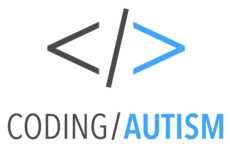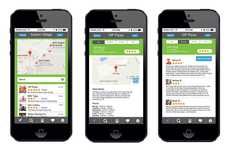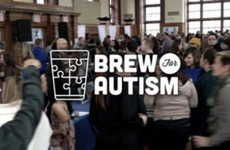



Food establishments offer up more inclusive environments for guests
Trend - Moving beyond just marketing or branding tactics, retailers in the food and beverage space are adapting everything from hiring processes to in-store accessibility to better align to areas of inclusivity.
Insight - Consumers' expectations for brands are now that they align with their personal needs and values. Accommodation and inclusion tend to be top of mind for the North American consumer as they acknowledge and express the differing the needs of diverse groups–particularly those that tend to be underrepresented in the public sphere. Thus, brands are having to take an all-encompassing approach to inclusion in both who they employ, and the customers they reach.
Insight - Consumers' expectations for brands are now that they align with their personal needs and values. Accommodation and inclusion tend to be top of mind for the North American consumer as they acknowledge and express the differing the needs of diverse groups–particularly those that tend to be underrepresented in the public sphere. Thus, brands are having to take an all-encompassing approach to inclusion in both who they employ, and the customers they reach.
Workshop Question - What risks are you willing to take to showcase a stronger brand commitment to inclusivity?
Trend Themes
1. Inclusive Hiring - Businesses are adapting hiring processes to create more inclusive environments for employees and consumers with developmental disabilities
2. Sensory-friendly Initiatives - Retailers are launching sensory-friendly campaigns and making small changes, such as turning off noise, to create more accessible and inclusive environments for people with autism
3. Sign Language Education - Businesses are adopting sign language training to create an inclusive customer experience for the hard-of-hearing community
Industry Implications
1. Hospitality - Hospitality businesses can create a more inclusive environment by adapting hiring and training processes, launching sensory-friendly campaigns, and offering support for people with developmental disabilities
2. Retail - Retailers can create a more accessible environment for people with autism by making small changes such as turning off noise and offering sensory-friendly hours
3. Education - Education services can adopt sign language training to create an inclusive environment for the hard-of-hearing community and to better serve their needs
5 Featured, 31 Examples:
46,803 Total Clicks
Date Range:
Feb 16 — Sep 19
Trending:
Average
Consumer Insight Topics:



































